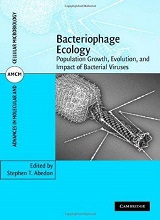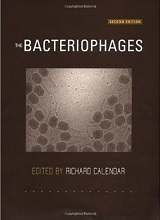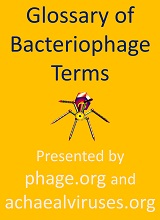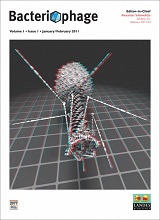
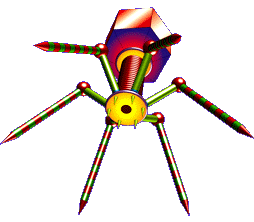
Cells in multicellular organisms that directly give rise to gametes.
In animals the germ line cells tend to be sequestered, that is, separated from the non-germ line cells, or soma, fairly early on during development. This sequestration isn't the case for all organisms, however, such as plants.
Also relevant, and also involving plants as well as other types of organisms, is that gametes are not generated by via meiosis in all organisms, but instead will be products of mitosis if an organisms is haploid. Thus, in plants, not only is the germ line not sequestered but also meiosis does not give rise to gametes! See also alternation of generations, sexual reproduction, sexual cycle, egg, and sperm.
Germ line sequestration, though it does not occur in all organisms, likely is an important prerequisite to the evolution of multicellularity such as is seen in animals. The reason for this is that by sequestering the germ line it prevents other, non-germ line cells from contributing to the next generation, other than by their being "nice" to the germ line cells.
That is, almost all of the cells in your body literally are evolutionary dead ends. Nevertheless, somatic cells share their genes with germ line cells. As a consequence, anything soma can do to contribute to the evolutionary success of the germ line directly contributes to their own evolutionary fitness, a process otherwise known as an enhancement of inclusive fitness, i.e., just as by saving your brother's life or baby sitting your sister's kids you are contributing to the fitness of your shared genes.
For more on this topic, see Wikipedia and Google. Contact web master. Return to home.




